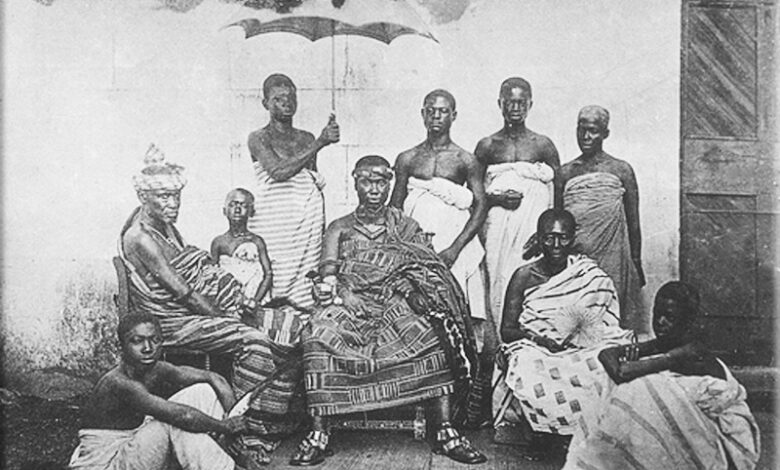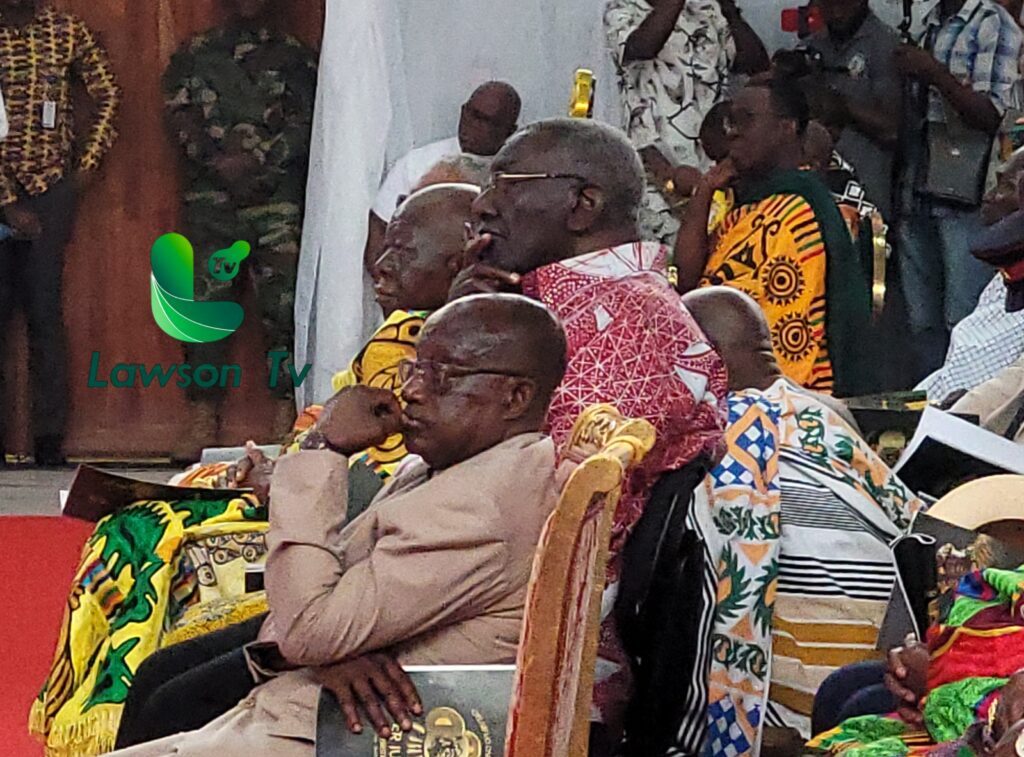From King to Farmer: The Exiled Life of Prempeh I in Seychelles
How the Exiled King Shaped Seychelles’ Agriculture, Education, and Diplomatic Relations with Ghana

- King Prempeh I cultivated crops to support his community
- He pursued literacy and encouraged education for his sons and camp members
- Prempeh I’s influence strengthened ties between Seychelles and Ghana
Dr. Penda Choppa, Director of the Creole Language and Culture Research Institute at the University of Seychelles, has shed light on the fascinating life of Asante King Prempeh I during his exile in Seychelles.
Nicknamed an “ex-King” by locals, Prempeh I retained dignity and respect, becoming the leader of the Asante camp.

Recognizing Seychelles’ agricultural potential, the exiled monarch ventured into farming, cultivating maize, plantain, cocoyam, and other crops. His wives contributed by rearing animals for sale and consumption.
Notably, he established a vanilla plantation, capitalizing on the crop’s value to create a stable income.
Delivering a lecture about the King in exile at Manhyia Palace to mark the 100th anniversary of King Prempeh I’s return from exile in Seychelles, she said that King Prempeh I prioritized education, taking literacy lessons and advocating for learning among his sons and other children in the camp.

”He collaborated with Timothy Korsah, his Fante interpreter, and sought resources like books from the Principal of Victoria School and local libraries. His intellectual pursuits culminated in writing a historical book about the Asante people.”
She said the King’s influence extended to medicine, where he shared his herbal knowledge with locals, inspiring the renowned Seychellois herbalist Charles Zialor.
”His spiritual journey also led him to Christianity, where he and his entourage were baptized at the Anglican Church of Victoria. While he encouraged others to convert, he avoided imposing his beliefs.”
According to Dr. Choppa, Prempeh I’s legacy lives on in the enduring bonds between Ghana and Seychelles.
”His time in Seychelles laid the foundation for strong diplomatic ties and cultural exchanges. Mixed marriages between members of his entourage and Seychellois women further intertwined the histories of the two nations.”
Today, the shared heritage is celebrated through high-profile engagements, symbolizing mutual respect and unity.





